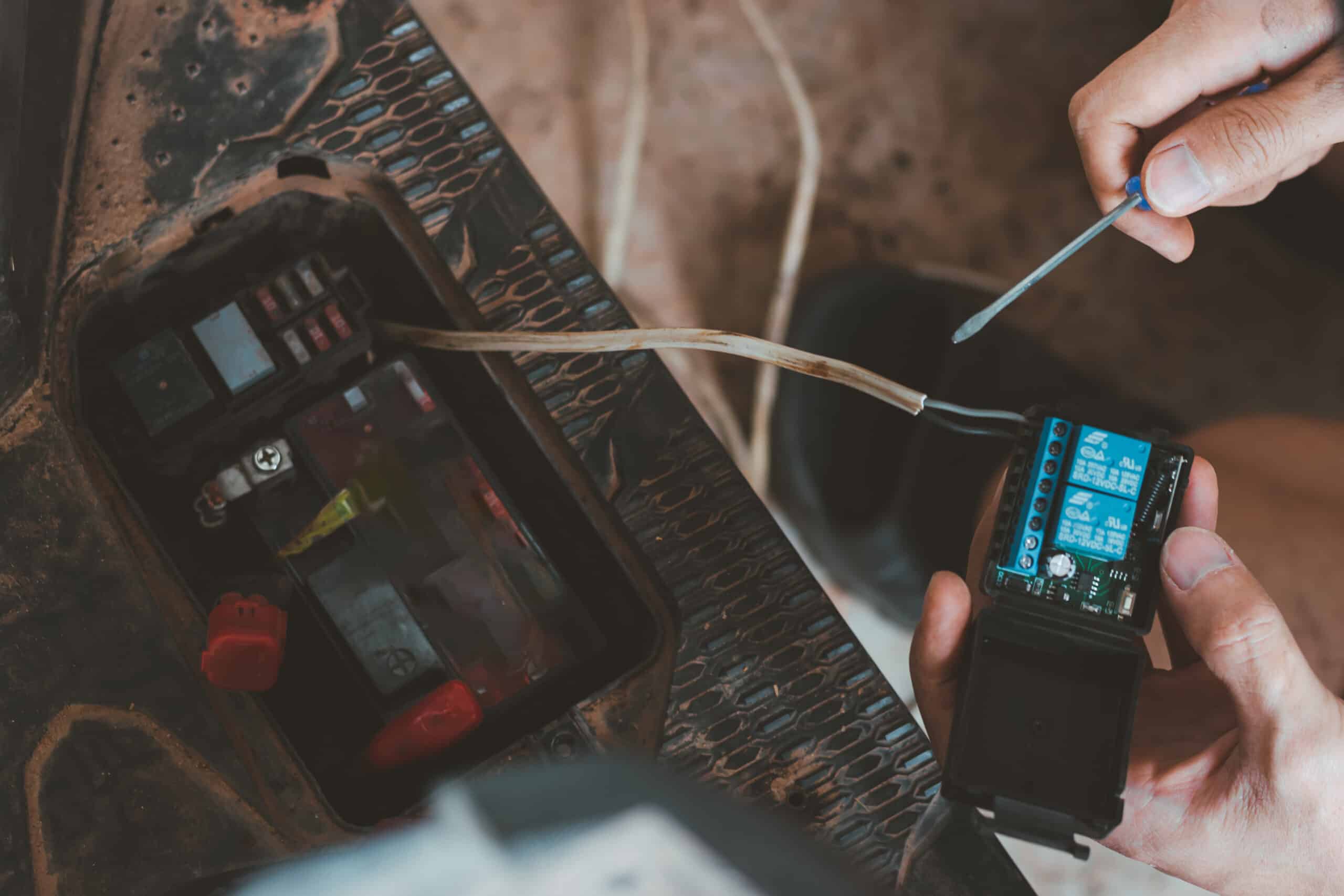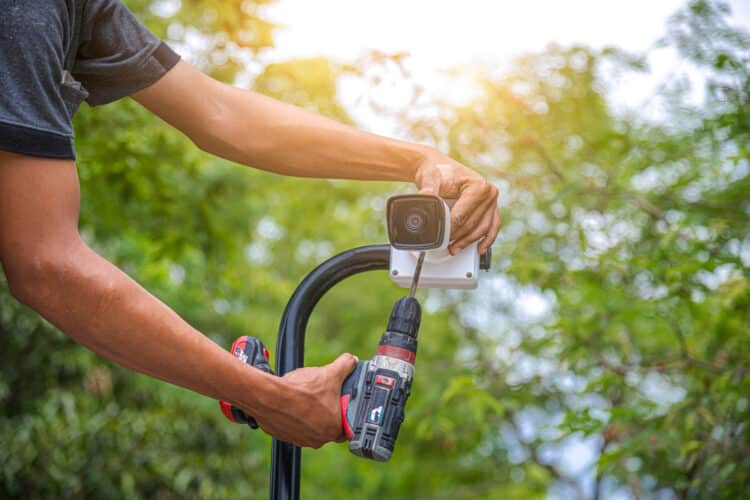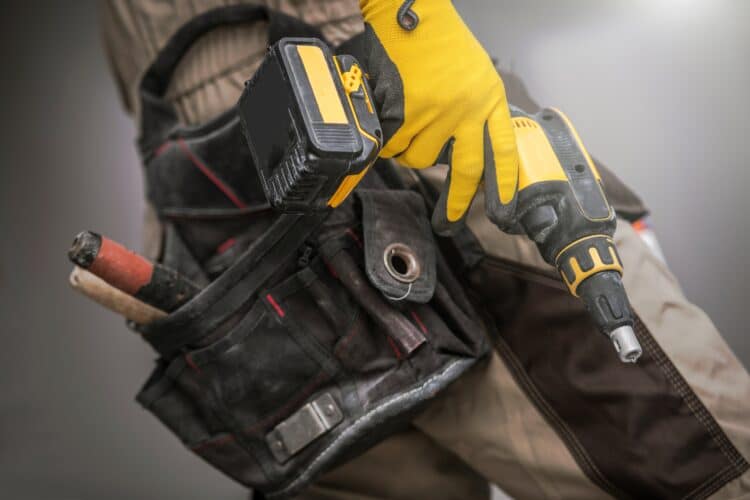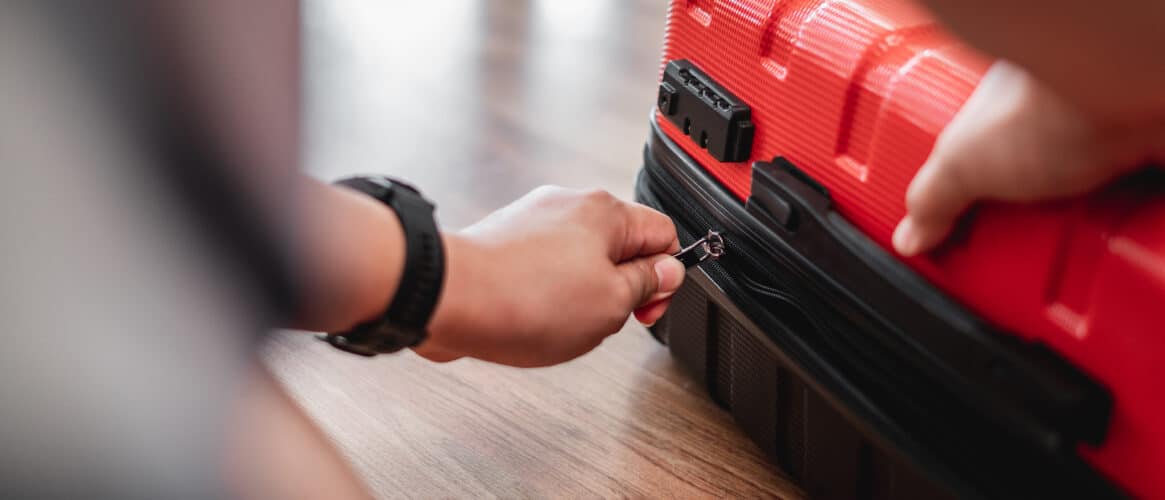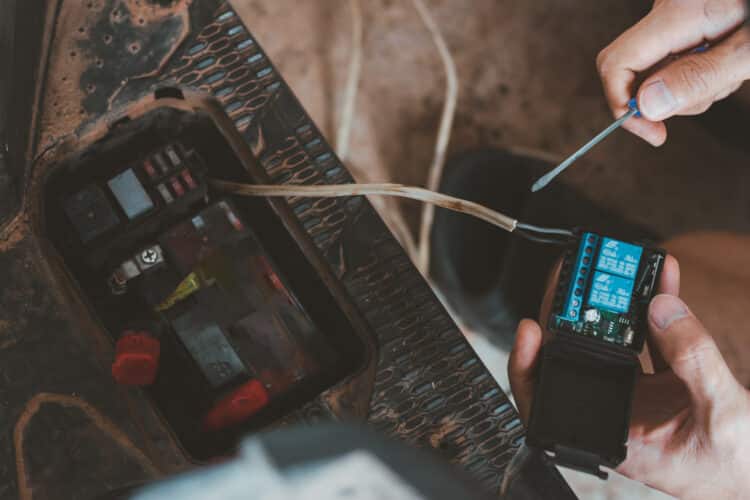Do Milwaukee Batteries Lose Charge When Not in Use?
Key Takeaways
- Milwaukee batteries, specifically the RedLithium batteries, are designed to hold their charge well when not in use.
- The implementation of lithium-ion technology and discharge protection ensures that the batteries maintain their ability to hold a full charge over time.
- Proper storage and maintenance practices are still important to maximize the performance and lifespan of Milwaukee batteries.
When it comes to power tool batteries, one common concern is whether they lose charge when not in use. In the case of Milwaukee batteries, the answer is not straightforward. Let’s dive into the details and explore the factors that can affect the charge retention of Milwaukee batteries.
Understanding Milwaukee Batteries
Milwaukee is a well-known brand in the power tool industry, offering a wide range of high-quality tools and accessories. Their batteries, known as Milwaukee RedLithium batteries, are designed to provide long-lasting power and durability.
The Impact of Battery Technology
Previous battery technologies, such as Nickel Cadmium (NiCd) and Nickel Metal Hydride (NiMH), were prone to a memory effect. This effect caused the batteries to lose their ability to hold a full charge over time, even when not in use. However, with the advent of lithium-ion batteries, including Milwaukee RedLithium batteries, this issue has been largely eliminated.
Discharge Protection
Milwaukee RedLithium batteries are equipped with discharge protection technology. This feature prevents the batteries from fully discharging when not in use, which helps to maintain their charge capacity over time. As a result, Milwaukee batteries are less likely to lose their charge when left unused for extended periods.
Proper Storage and Maintenance
While Milwaukee batteries are designed to hold their charge well, proper storage and maintenance practices are still important to ensure optimal performance. Here are some tips to help you maintain the charge of your Milwaukee batteries:
- Store batteries in a cool, dry place. Avoid exposing them to extreme temperatures or humidity.
- Avoid storing batteries in a fully discharged state. If a battery is discharged, recharge it before storing.
- Regularly inspect batteries for any signs of damage or wear. Replace damaged batteries promptly.
- Use the batteries regularly. Periodically using and recharging the batteries helps to keep them in good condition.
Conclusion
In conclusion, Milwaukee batteries, specifically the RedLithium batteries, are designed to hold their charge well when not in use. The implementation of lithium-ion technology and discharge protection ensures that the batteries maintain their ability to hold a full charge over time. However, it is still important to follow proper storage and maintenance practices to maximize the performance and lifespan of your Milwaukee batteries.
Related Websites:
FAQs:
Q: Do Milwaukee batteries lose charge when not in use?
Yes, Milwaukee batteries may lose charge when not in use due to a process called self-discharge. Self-discharge is a natural phenomenon that occurs in all batteries over time.
Q: What is self-discharge and how does it impact battery life?
Self-discharge refers to the gradual loss of battery charge when it is not in use. It can significantly affect battery life as batteries can lose charge even without being connected to any device or power source. The rate of self-discharge varies depending on factors such as battery chemistry and environmental conditions.
Q: How do environmental conditions affect battery self-discharge?
Environmental conditions such as temperature, humidity, and storage conditions can impact battery self-discharge. Higher temperatures tend to accelerate self-discharge, while extreme humidity or improper storage conditions can also affect battery performance and increase self-discharge rates.
Q: What are some tips to minimize battery self-discharge?
To minimize battery self-discharge, it is important to store batteries in a cool, dry place. Using appropriate storage containers or cases can also help protect batteries and reduce self-discharge. Regularly using and recharging batteries, as well as periodically checking and cleaning battery terminals, can help maintain optimal performance and minimize self-discharge.
Q: How can battery performance be managed effectively?
Battery performance can be managed effectively through periodic testing to assess battery health. Tools or devices are available to monitor battery performance. Additionally, it is important to dispose of batteries responsibly by participating in battery recycling programs or utilizing designated facilities.

